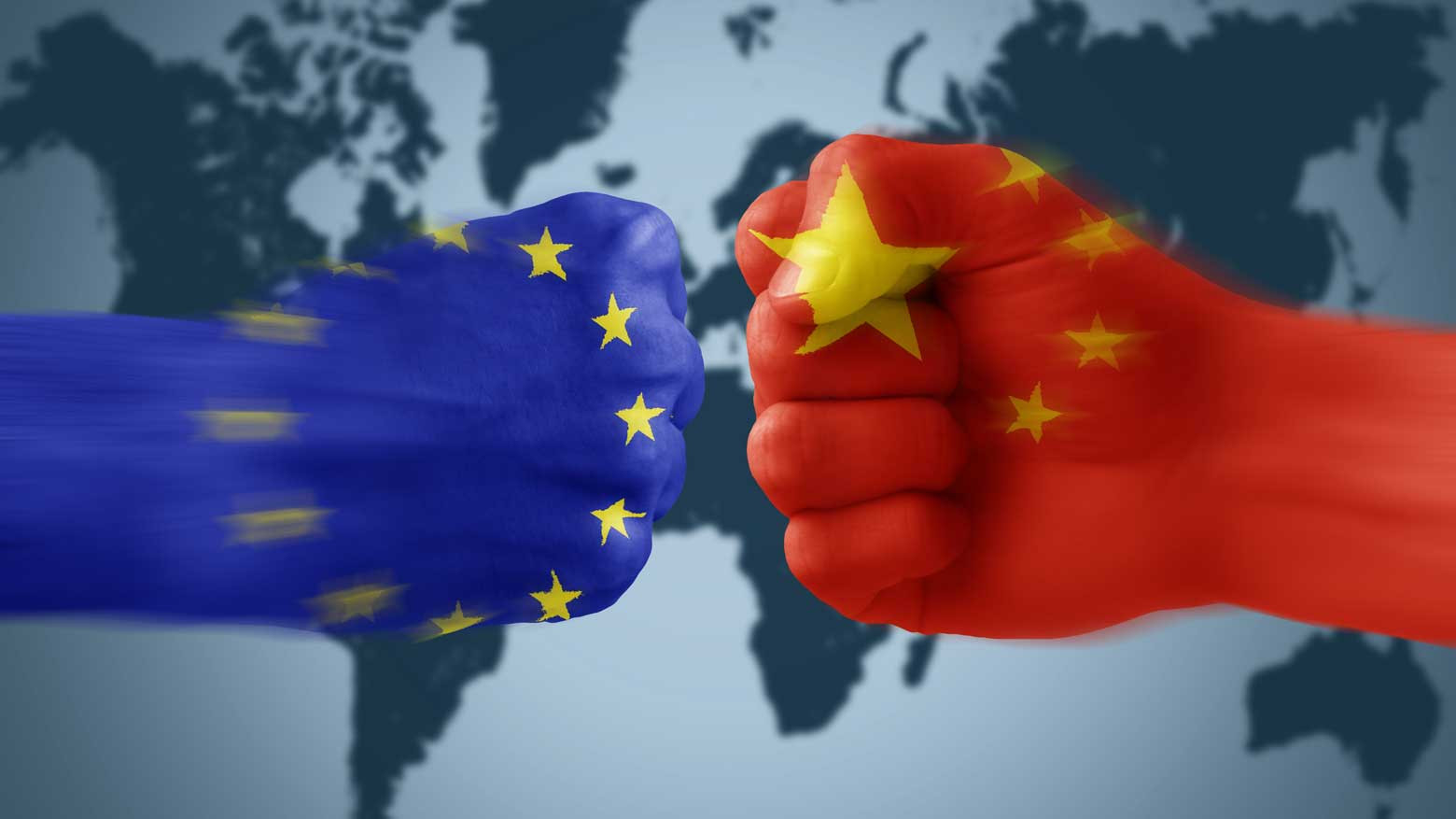EU foreign ministers approved the sanctions, with immediate effect, at a meeting on Monday. Four officials, including the director of the Xinjiang Public Security Bureau, are barred from traveling to the EU, and their assets there have been frozen. It is the first time the bloc has imposed sanctions on China since an arms embargo in 1989 to protest the crackdown in Beijing's Tiananmen Square.
EU High Representative for Foreign Affairs Josep Borrell Fontelles said the European Union is determined to defend human rights and respond to serious violations and abuses.
Kanehara Nobukatsu, a former top Japanese diplomat who served as assistant chief cabinet secretary, says events in Hong Kong probably proved to be the tipping point for Europe.
"Hong Kong was a British colony. And the British and the Chinese agreed to maintain this status quo for fifty years. But China simply broke the promise," Kanehara says. "That's resonated hugely inside Europe because Hong Kong was a European partner. And that's shocked the Europeans very much, so they started to look at the Uighurs and Tibetans and Mongolians."
Kanehara also says China's growing power has alarmed Europe, which has traditionally seen Russia as the greatest threat. "In another ten years, China will surpass the United States [in GDP]. And this brings about a strategic power shift. The Europeans suddenly realized that. That was the beginning of the realization of the true face of China for the Europeans. Now, they can see straightforward what's happening in China."
The Five Eyes intelligence-sharing alliance — the US, Britain, Canada, Australia and New Zealand — amplified the pressure with a joint statement on Monday urging China to release Uighurs and others who are being arbitrarily detained, and to grant access to UN investigators.
Kanehara says these coordinated actions have been driven by US President Joe Biden's diplomatic priorities.
"Biden is a traditional leader of the United States. He values the importance of alliances," he says. "Combined with the Europeans, Japanese, Australians and Indians, the West can easily go beyond 50% of the world's GNP. China is today 16%. China could catch up to the US, but they can never catch up with the West [as a whole]. So when the West is united, we can still engage China and adjust interests and talk to each other on an equal footing."
Watch Video: 05:01
Chinese Foreign Minister Wang Yi had some strong words for the EU on Tuesday, saying his country "cannot accept sanctions based on lies. All countries and people with common sense should take a stand against any form of unilateral sanctions and interference in internal affairs."
Kanehara says the challenge for Western countries will be to find the right balance between their economic dependence on China and their diplomatic issues. "China is a huge economy and the market is very big. Many nations are making huge amounts of profit [there]," he says. "But sometimes freedom can be more important than business."

